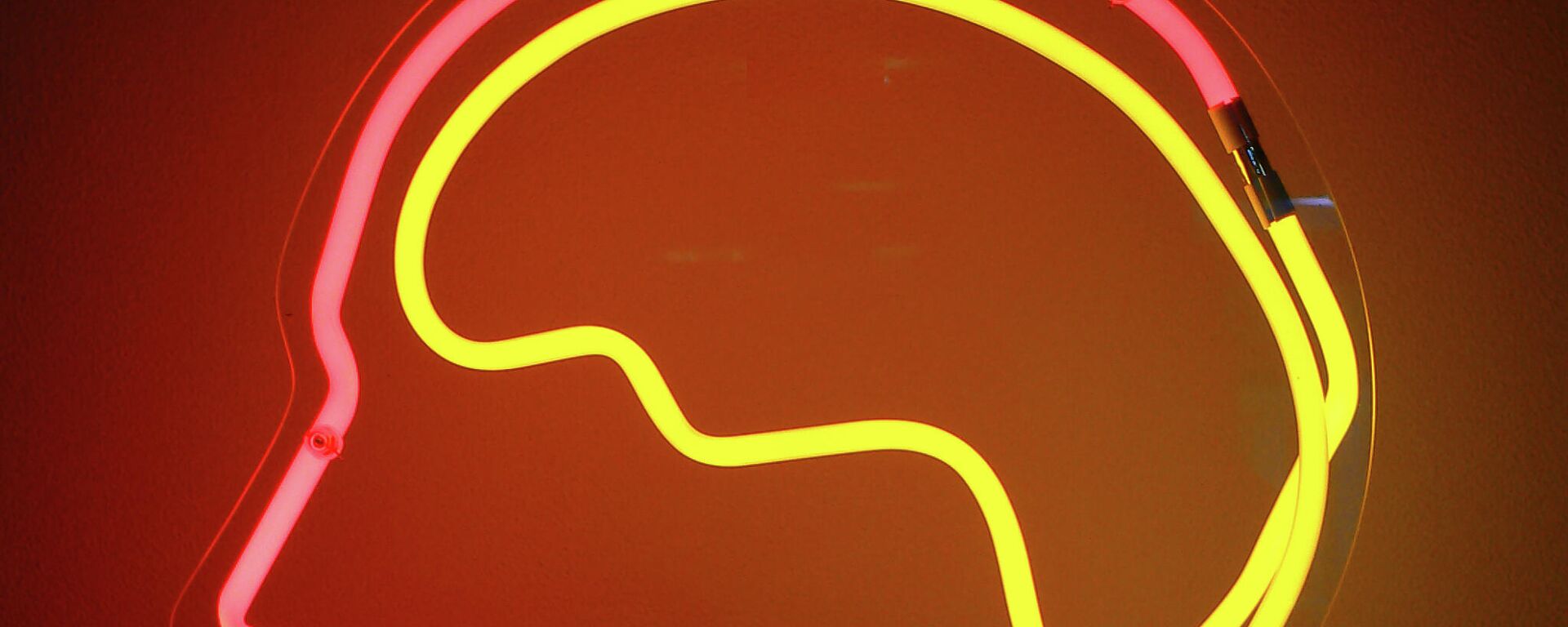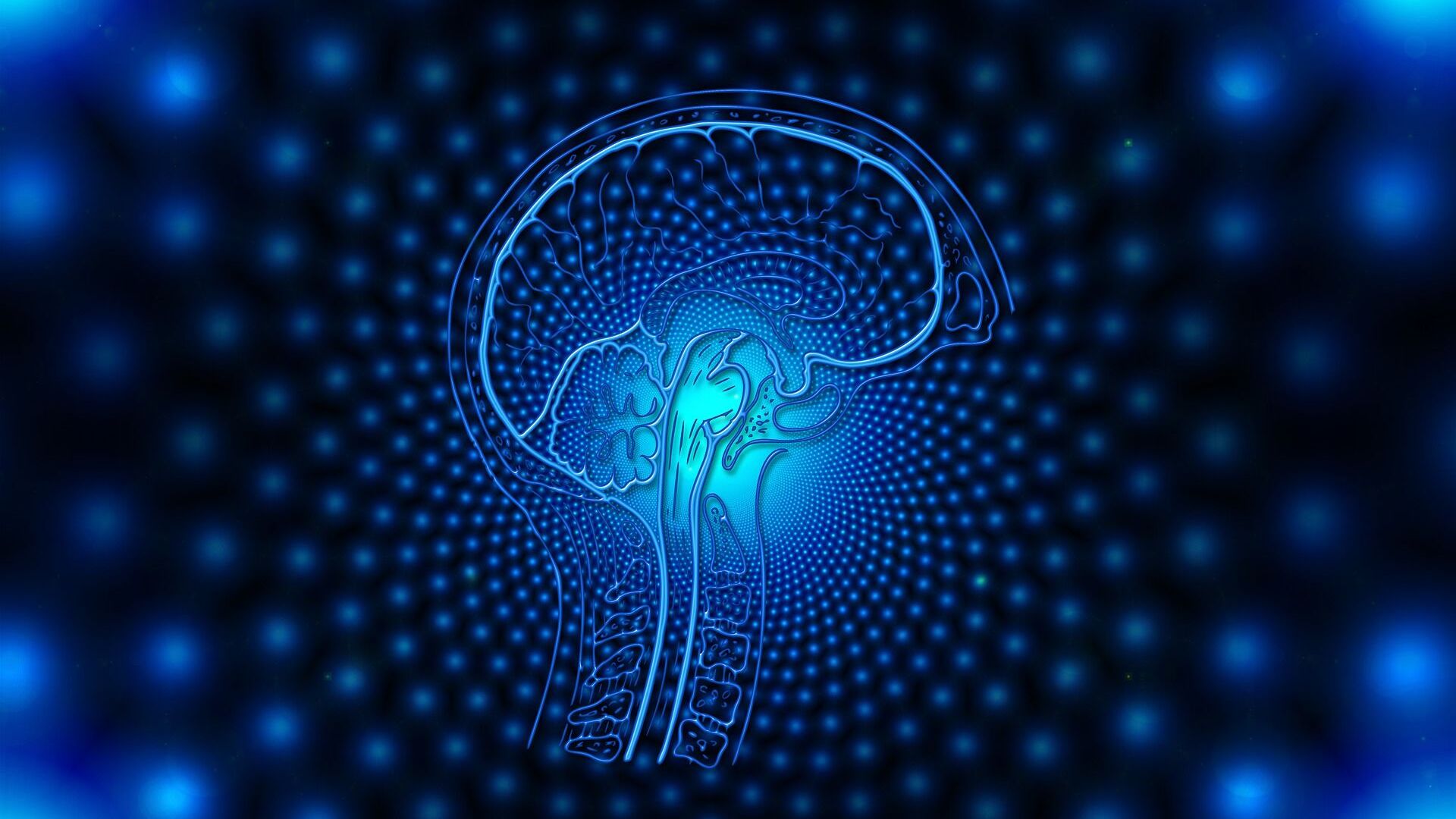https://sputnikglobe.com/20230406/study-reveals-how-false-memories-can-spring-from-preconceptions-1109213979.html
Study Reveals How False Memories Can Spring From Preconceptions
Study Reveals How False Memories Can Spring From Preconceptions
Sputnik International
The study, authored by researchers from the Netherlands and Canada, postulates that people may misremember things that happened as early as a few seconds ago, apparently due to these people’s expectations.
2023-04-06T17:55+0000
2023-04-06T17:55+0000
2023-04-06T17:55+0000
science & tech
memory
error
recollections
study
https://cdn1.img.sputnikglobe.com/img/07e5/06/05/1083080286_0:100:1921:1180_1920x0_80_0_0_20146ed5196d2a3712538ad68fc212b8.jpg
While the incorrect recollection of events that happened long ago is hardly uncommon, it appears that even recent memories may contain errors, a new study published in PLOS One has suggested.The study, authored by researchers from the Netherlands and Canada, postulates that people may misremember things that happened as early as a few seconds ago, apparently due to these people’s expectations.During the course of their study, the researchers conducted a series of experiments that involved people trying to recall the letters they were just shown, with a few caveats: for example, sometimes the letters were mirrored and the participants had to correctly remember the way a particular letter was oriented.The team noticed that while the participants of the experiment usually had little problem remembering a particular letter, the recollection rates for the mirrored letters turned out to be worse, with the number of mistakes increasing proportionally to the time between seeing said letter and being told to recall it.These false recollections were apparently due to the way preconceptions shape people’s memories, with Otten noting that “it is only when memory becomes less reliable through the passage of a tiny bit of time, or the addition of extra visual information, that internal expectations about the world start playing a role.”The researcher also mentioned that she is interested in “finding a way to test the effects of social knowledge, such as prejudice or stereotypes and individual beliefs, on short-term memory.”
https://sputnikglobe.com/20230131/sitting-in-traffic-for-just-two-hours-can-damage-your-brain-study-finds--1106868054.html
Sputnik International
feedback@sputniknews.com
+74956456601
MIA „Rosiya Segodnya“
2023
News
en_EN
Sputnik International
feedback@sputniknews.com
+74956456601
MIA „Rosiya Segodnya“
Sputnik International
feedback@sputniknews.com
+74956456601
MIA „Rosiya Segodnya“
false memory
Study Reveals How False Memories Can Spring From Preconceptions
One of the researchers behind the new study has also expressed her desire to investigate how "social knowledge, such as prejudice or stereotypes and individual beliefs," can affect short-term memory.
While the incorrect recollection of events that happened long ago is hardly uncommon, it appears that even recent memories may contain errors, a new study published in PLOS One has suggested.
The study, authored by researchers from the Netherlands and Canada, postulates that people may misremember things that happened as early as a few seconds ago, apparently due to these people’s expectations.
“Even at the shortest term, our memory might not be fully reliable,” Dr. Marte Otten from the University of Amsterdam, first author of the study, said as quoted by media. “Particularly when we have strong expectations about how the world should be, when our memory starts fading a little bit – even after one and a half seconds, two seconds, three seconds – then we start filling in based on our expectations.”
During the course of their study, the researchers conducted a series of experiments that involved people trying to recall the letters they were just shown, with a few caveats: for example, sometimes the letters were mirrored and the participants had to correctly remember the way a particular letter was oriented.
The team noticed that while the participants of the experiment usually had little problem remembering a particular letter, the recollection rates for the mirrored letters turned out to be worse, with the number of mistakes increasing proportionally to the time between seeing said letter and being told to recall it.

31 January 2023, 22:22 GMT
These false recollections were apparently due to the way preconceptions shape people’s memories, with Otten noting that “it is only when memory becomes less reliable through the passage of a tiny bit of time, or the addition of extra visual information, that internal expectations about the world start playing a role.”
The researcher also mentioned that she is interested in “finding a way to test the effects of social knowledge, such as prejudice or stereotypes and individual beliefs, on short-term memory.”




